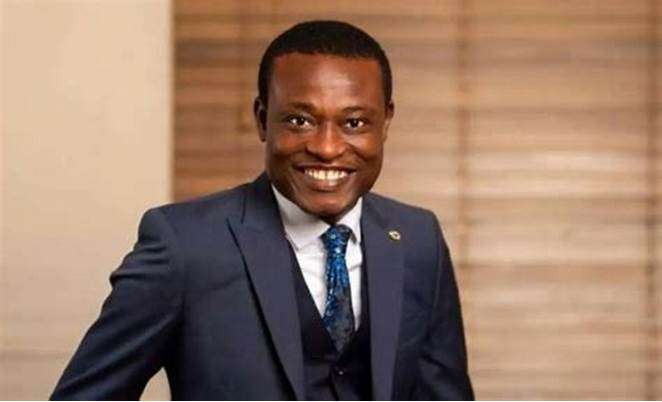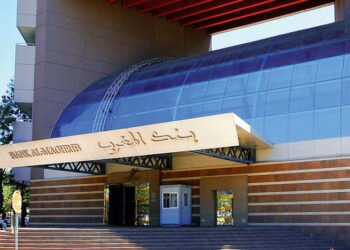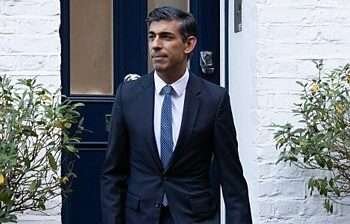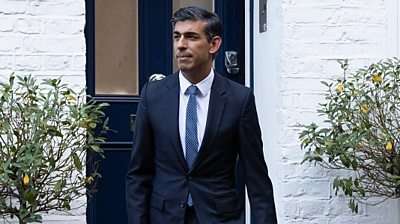In a recent turn of events, the arrest of Kofi Ofosu Nkansah, the Chief Executive Officer of the National Entrepreneurship and Innovation Programme (NEIP), by Special Prosecutor Kissi Agyebeng has sparked controversy and drawn sharp criticism from Richard Ahiagbah, the National Communications Director of the New Patriotic Party (NPP). Ahiagbah’s critique revolves around the perceived ‘populist’ approach adopted by the Special Prosecutor, urging a more measured and democratic strategy in handling corruption-related arrests.
The arrest, which took place on January 10, 2024, was based on allegations that Mr. Nkansah had utilized NEIP funds for campaigning ahead of the NPP parliamentary primaries. While the CEO was later released after assisting with ongoing investigations, Ahiagbah’s comments highlight broader concerns about the optics and consequences of high-profile arrests in a democratic society.
Ahiagbah acknowledged the importance of the Special Prosecutor’s work in combating corruption but emphasized the need for a refined and less sensational approach. He argued that the days of dramatic arrests and siege attacks are outdated, suggesting that a more democratic and civil invitation process would be appropriate.
“It’s a democracy; invite the gentleman; he will come. Whatever the concerns are, I think you can have a civil, democratic conversation about how to deal with it. But these kinds of populist invitations and attacks, I think, are a thing of the past.”
Richard Ahiagbah
The NPP’s National Communications Director raised valid points about the potential negative impact of aggressive arrest methods on the country’s image. He highlighted the importance of maintaining a balanced approach to investigations to avoid creating unnecessary public spectacles that could tarnish the reputation of individuals involved.
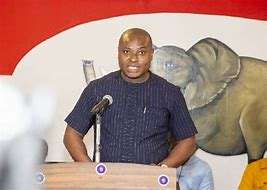
“I think that the Special Prosecutor is working; we want him to work. I support him to work, but he needs to sanitize his approach a little bit. The days when these kinds of siege attacks and the rest of them happened are in the past.”
Richard Ahiagbah
While expressing satisfaction that the issue had been resolved among the concerned parties, Ahiagbah stressed the need for the Special Prosecutor’s office and other institutions involved in anti-corruption efforts to evaluate and refine their methodologies. The ultimate goal is to uphold the principles of justice and accountability without compromising the democratic values that Ghana holds dear.
“My understanding is that the issue has been dealt with. Is all for the best of democracy. I’m happy he’s gone home, if any further investigations should be done but, the OSP should sanitize the way it does its work.”
In defense of the Special Prosecutor’s actions, some argue that a robust approach is necessary to demonstrate the commitment to rooting out corruption at all levels. They contend that strong actions send a clear message that no one is above the law, fostering a deterrent effect that can dissuade others from engaging in corrupt practices.
However, Ahiagbah’s call for a more nuanced approach reflects a broader sentiment within the political landscape. Striking a balance between decisive action and democratic principles is crucial for fostering public trust in anti-corruption efforts. The Special Prosecutor’s office must be diligent in its pursuit of justice while avoiding actions that could be perceived as politically motivated or sensationalized.
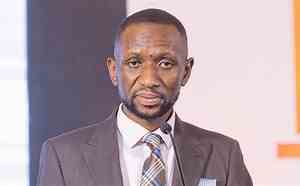
As Ghana prepares for the 2024 elections, the issue of corruption remains a central concern for voters. The effectiveness and credibility of anti-corruption initiatives, including the Special Prosecutor’s efforts, will play a pivotal role in shaping public perception and influencing electoral outcomes.
The clash of opinions between Ahiagbah and the Special Prosecutor’s office highlights the ongoing challenges in finding the right balance between a forceful anti-corruption stance and a commitment to democratic values.
READ ALSO: The Youth Manifesto “Votes” For Jobs

